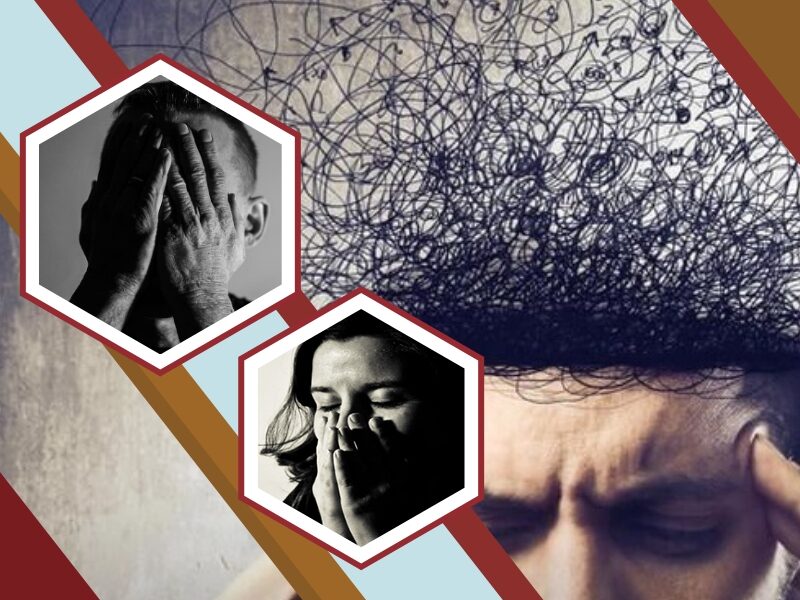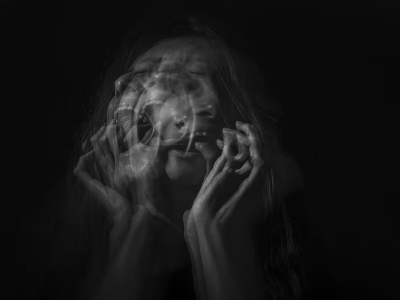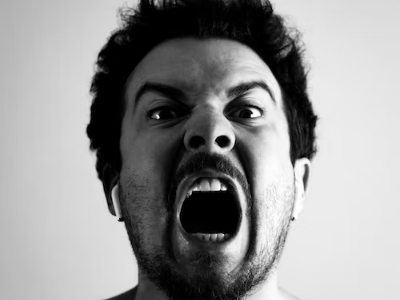Delusional Disorder: Symptoms, Types, Causes, and Treatment

The delusional disorder most often occurs in the middle to late life, with the average age of onset being 40 years. Although delusions might be a symptom of more common disorders, such as schizophrenia, delusional disorder is rare. Approximately 0.05% to 0.1% of adults have a delusional disorder.
What is Delusional Disorder?

Delusional disorder is a type of psychotic disorder. Its main symptom is the presence of one or more delusions. A delusion is an unshakable belief in something untrue. The idea isn’t part of the person’s culture or subculture, and almost everyone knows this belief to be false.
People with delusional disorders often experience non-bizarre delusions. Non-bizarre delusions involve situations that could occur in real life, such as being followed, deceived or loved from a distance. These delusions usually involve the misinterpretation of perceptions or experiences. In reality, these situations are either untrue or highly exaggerated. Non-bizarre delusions are different from bizarre delusions, which include beliefs that are impossible in our fact, such as believing someone has removed an organ from your body without any physical evidence of the procedure.
People with delusional disorder often continue to socialize and function well, apart from the subject of their delusion. Generally, they don’t behave oddly or unusually. It is unlike people with other psychotic disorders, who might also have delusions as a symptom. In some cases, however, people with delusional disorder might become so preoccupied with their delusions that their lives are disrupted.
Types of Delusional Disorder
- Erotomanic: People with this type of delusional disorder believe that another person, often someone important or famous, is in love with them. They may attempt to contact the person of the delusion and engage in stalking behaviour.
- Grandiose: People with this delusional disorder have an overinflated sense of self-worth, power, knowledge or identity. They may believe they have a great talent or have made an important discovery.
- Jealous: People with this type of delusional disorder believe that their spouse or sexual partner is unfaithful without any concrete evidence.
- Persecutory: People with this type of delusional disorder believe someone or something is mistreating, spying on or attempting to harm them. They may also make repeated complaints to legal authorities.
- Somatic: People with this type of delusional disorder believe they have a physical or medical problem, such as a parasite or foul odour.
- Mixed: People with this type of delusional disorder have two or more of the types of delusions listed above.
Signs and Symptoms of Delusional Disorder

Early symptoms of the delusional disorder may include:
- Feelings of being exploited
- Preoccupation with the loyalty or trustworthiness of friends
- A tendency to read threatening meanings into benign remarks or events
- Persistently holding grudges
- A readiness to respond and react to perceived slights
What Causes Delusional Disorder?
As with many other psychotic disorders, researchers don’t know the exact cause of the delusional disorder. Researchers are, however, looking at the role of various factors that may contribute to the development of the condition, including:
- Genetic factors
- Biological factors
- Environmental and psychological factors
Treatment, Management, and Prevention of Delusional Disorder
Treatment for delusional disorder most often includes psychotherapy and medication, but the delusional disorder is highly resistant to treatment with medication alone. People with delusional disorder often don’t seek treatment for the condition on their own because most people with the delusional disorder don’t realize their delusions are problematic or incorrect. They’ll likely seek help due to other mental health conditions such as depression or anxiety.
People with severe symptoms or at risk of hurting themselves or others might need to be admitted to the hospital until the condition is stabilized.
Recommended medication:
- Chlorpromazine – is in a class of medications called conventional antipsychotics. The drug works by changing the activity of certain natural substances in the brain and other parts of the body. This medicine may be used for other purposes. Ask your healthcare provider or pharmacist if you have questions.



